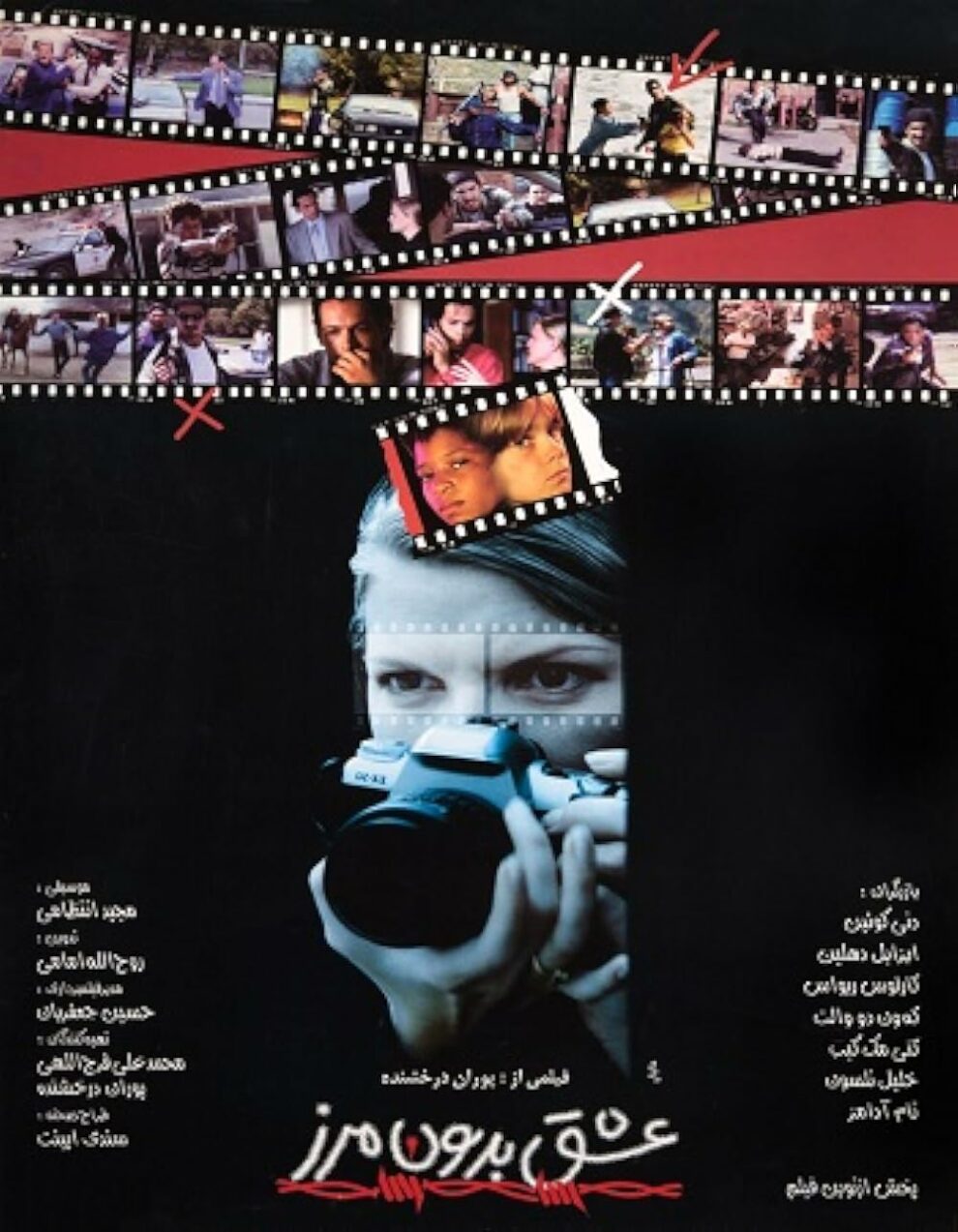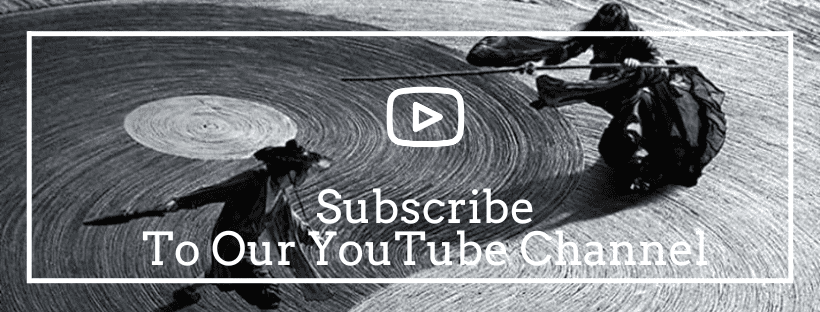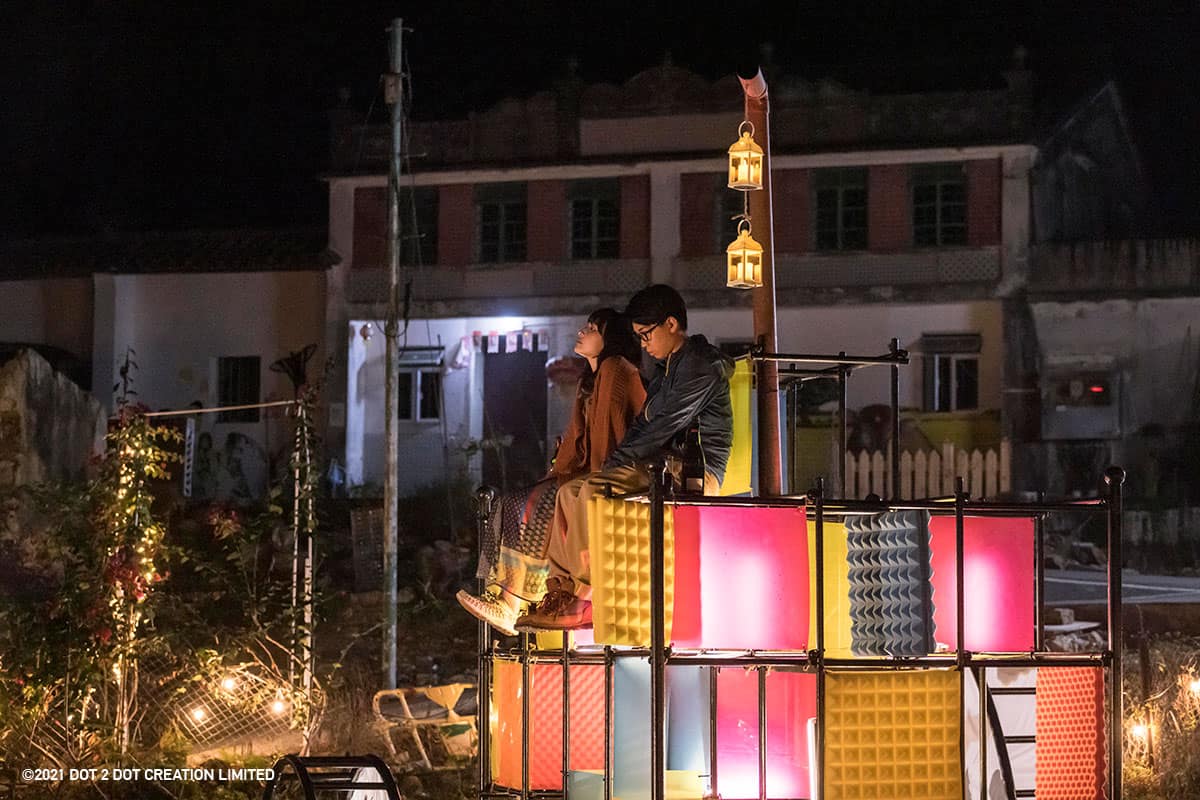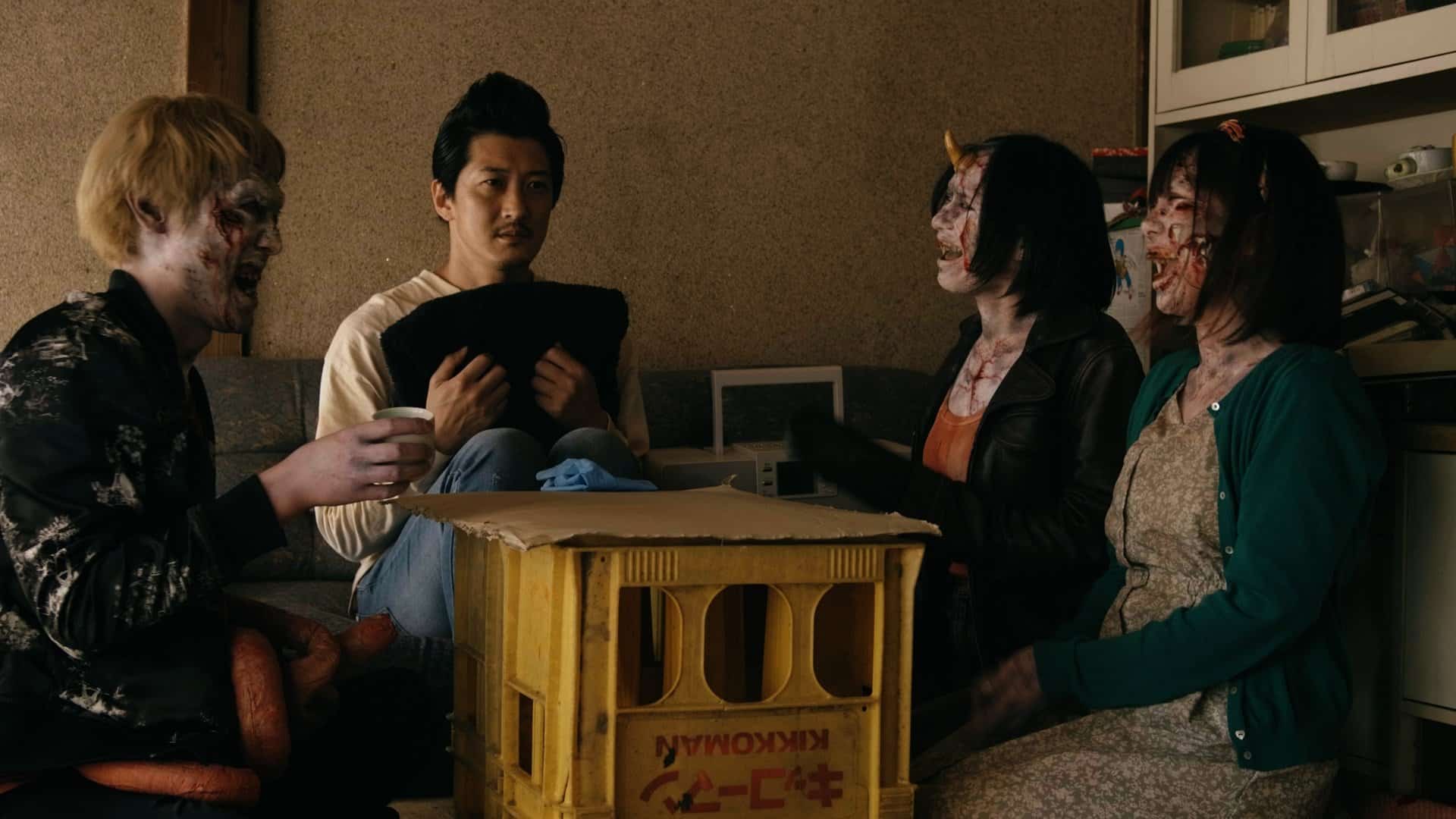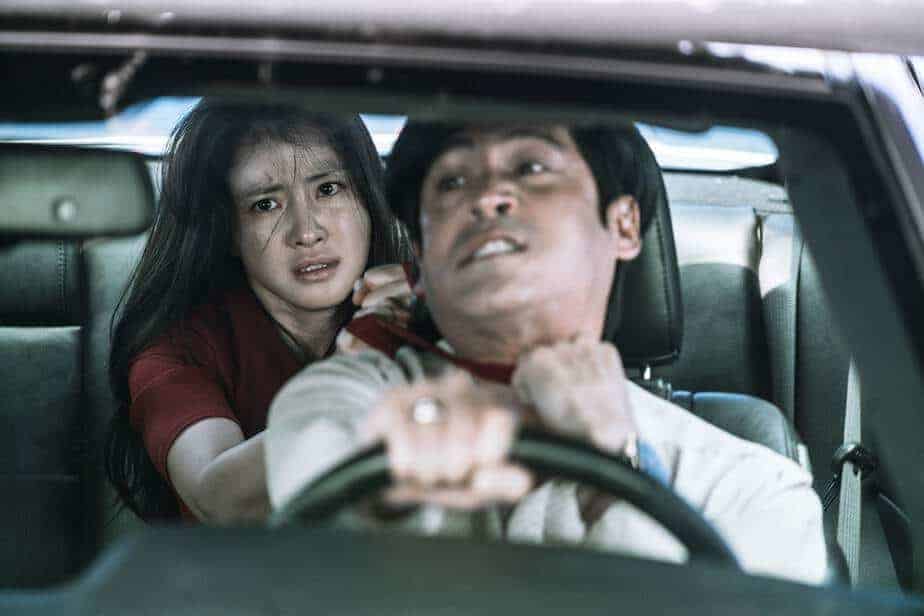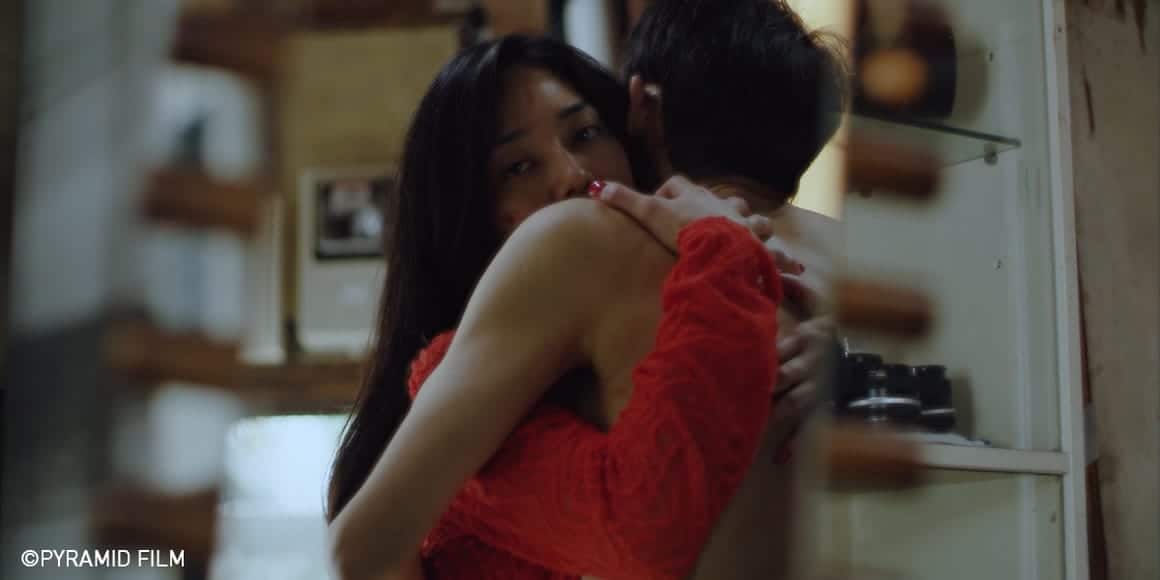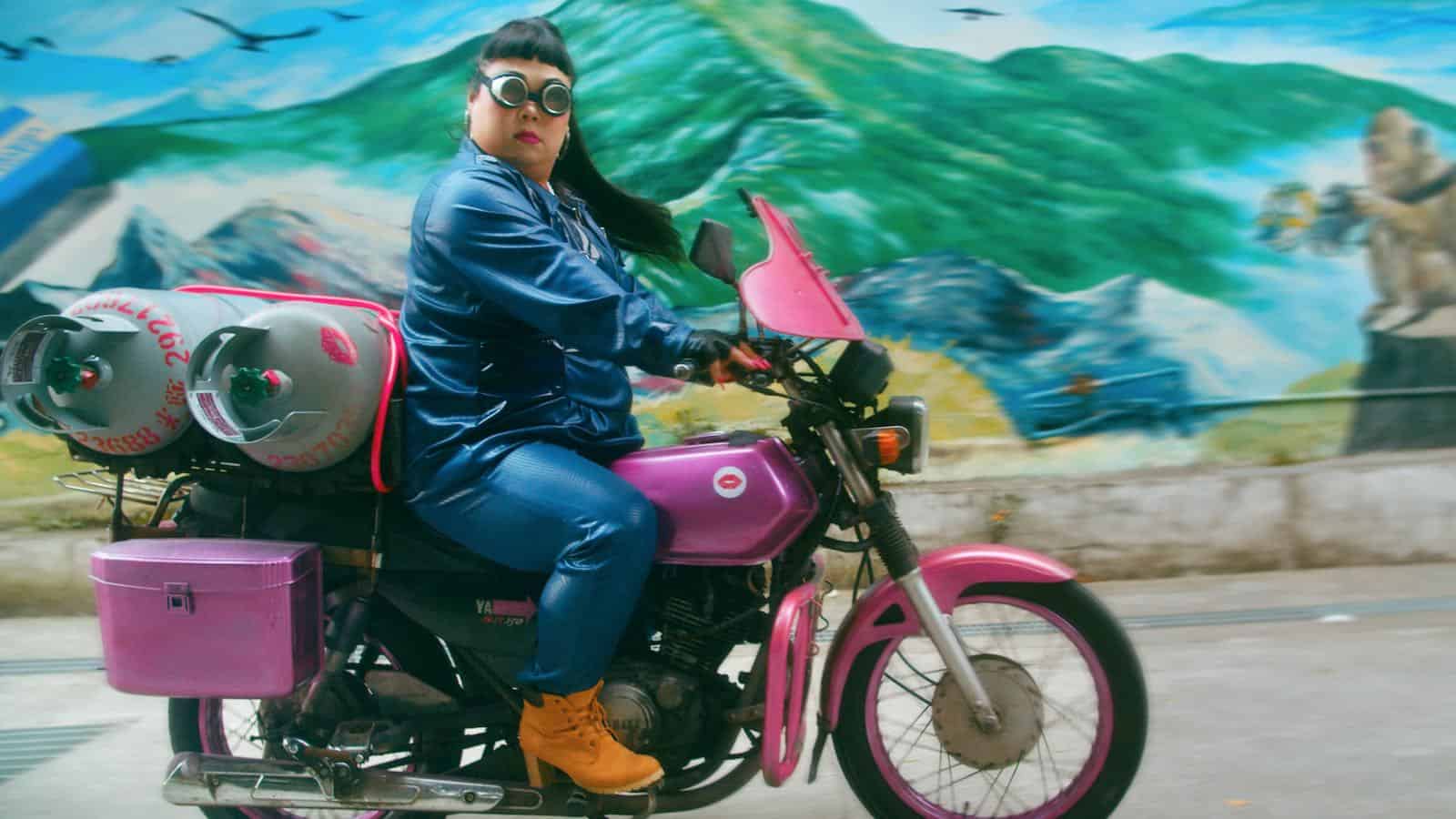Pouran Derakhshandeh is a trailblazer. As a pioneering woman in the Iranian film industry, her work has tackled some of the most sensitive issues of our times, ranging from drug addiction and pedophilia to disease and sectarian conflict. She takes a decidedly internationalist approach to her films, often working with foreign actors and producers. In her English language drama “Love Without Frontiers,” she finds thematic links between the Iran-Iraq War and gangland conflict in Los Angeles. It's a bold statement made all the more impressive by her decision to work with an almost entirely American cast. Now, after more than two decades of virtual obscurity in the West, it's finally going to be released in the U.S. for the first time.
On paper, this all sounds like cause for lovers of Iranian film to celebrate. The only problem is that “Love Without Frontiers” is a ridiculous, hackneyed melodrama that barely rises to the level of an afterschool special.
Check also this interview
The script, well-intentioned as it is, deserves a good chunk of the blame. Danny Quinn plays Bijan, a doctor in Tehran living with his American wife, Susan (Isabelle Dahlin), and their son, Bobby (Calvin DeVault). Susan is worried by the constant violence in Iran, especially when she sees how the war is influencing Bobby. She and Bijan decide it would be best for her to move back to Los Angeles along with their son. However, her dreams of U.S. safety are soon shattered when Bobby befriends a local boy named Tobey (Kahlil Nelson) whose brother is a violent drug dealer. While the boy is swept up in the orbit of the criminals he's surrounded by, Susan takes on a reporting assignment to document gang life. Eventually, both of their lives are put at risk.
Perhaps there's a seed of a good idea here. It seems, in fits and bursts, to want to tackle the myth that America is somehow above the violence that its politicians and entertainers decry elsewhere in the world. There's a hint of a suggestion that the Iran-Iraq bombing and the bloodshed in the streets of L.A. are cut from the same pointless, tribal cloth. Sure, it's a bit of a naive thesis, but at least it has potential to be something.
Unfortunately, it all amounts to nothing much at all. Instead of being hard-hitting and gritty, the depiction of urban warfare is often hilarious. Poor young Bobby finds himself in the crossfire of at least half-a-dozen gang shootouts, each one more over-the-top than the last. By the time you've seen him duck behind a dumpster during a drive-by for the third time, it's hard not to disconnect entirely. It never makes sense why he's so compelled to visit Tobey outside of criminal hangouts and drug dens when his life is so clearly at risk. Susan's plotline is no better; she decides that she'll become a white knight reporter who will somehow solve (?) youth violence by taking pictures (??) of gang members and asking tough questions like “why don't you just go back to school?” Both of these plots hit peak absurdity when she, in the middle of driving Bobby and Tobey away from a massive gunfight, decides that she'll park the car with the children in the backseat so she can snap some good pics of the carnage.
It's all too stupid to matter, and it's hard to imagine any cast that could make the material work. Unfortunately (or fortunately, depending on your tolerance for “so-bad-its-good” spectacle), the actors here are almost uniformly horrible. Dahlin's infomercial-grade performance renders Susan as an ignorant, naive woman who never seems like she understands how much danger she's put her family in. And while it's never fun to criticize the work of a young performer, Calvin DeVault perfectly embodies the issues with so many child actors. He never registers as a real kid, and the script doesn't even give him a chance to enjoy a tender moment with his mother. The only actor with any sense of gravity is Danny Quinn, who (along with the Iran plotline) is sidelined for the vast majority of the movie. When he comes back into the fray in the last act, it's too late.
Admittedly, there are moments when Derakhshandeh proves she has some talent behind the camera. Ironically for something this preachy, these moments are most often found in the shootouts, which play like C-Grade John Woo set pieces in which gangbangers hilariously dive through bullet spray and fire pistols in both hands. If only the rest of the film had the same sense of goofy fun, this would resemble a PM Entertainment actioner. Unfortunately, most of the runtime is made up of bland dialogue scenes straight out of a “Just Say No” PSA with roughly the same budget. It's so early-90s that it's hard to believe it came out close to the turn of the century.
Still, there manages to be one scene that genuinely satisfies, even if not in the way it intended. It comes when Susan interviews a group of gang members and asks them why they're not worried about jail and why they don't turn their lives around. The young men laugh at her and correctly peg her as an out-of-touch, out-of-her-element wannabe savior. Then, one of the unnamed men delivers what is maybe the only convincing line reading in the entire movie:
“Look, lady. You don't seem to understand this shit.”
He may as well have been talking to the filmmakers themselves. For a movie that claims to be about the “real” world, “Love Without Frontiers” flattens out entire cultures and conflicts until they're almost unrecognizable. It could almost be seen as an act of cinematic revenge. After nearly a century of Hollywood turning real suffering in the Middle East into disposable popcorn commentary, an Iranian director managed to do the same to the pain felt in American inner-cities. It would almost be interesting if it weren't so boring.


